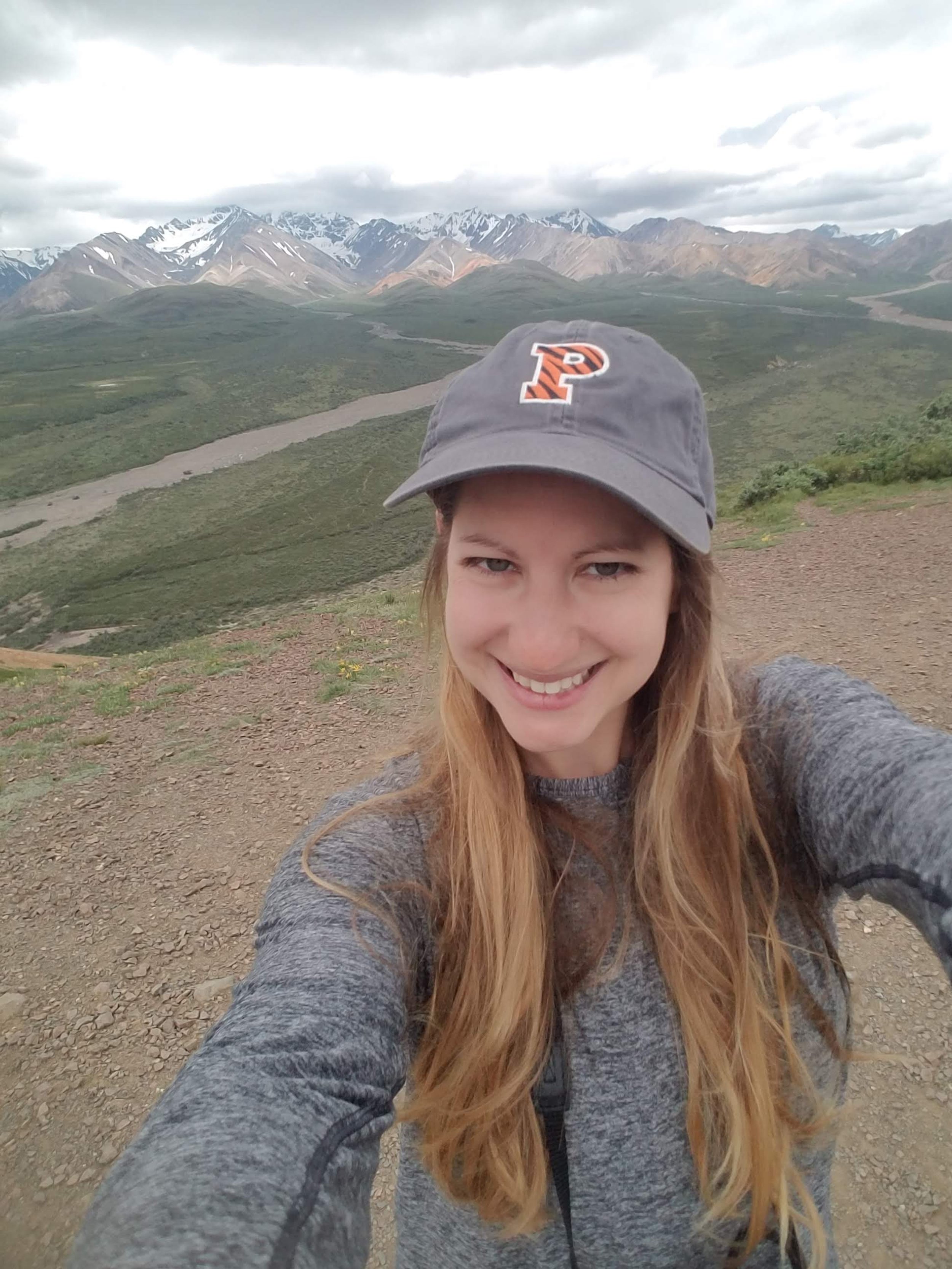Dr. Stefanie Wilks
PhD: Columbia University, Department of Ecology, Evolution, and Environmental Biology
AB: Princeton University, Department of Anthropology
Email: ss4812@columbia.edu
Stefanie is a biologist and educator specializing in the intersections of molecular ecology, developmental biology, and conservation science. Her research focuses on the molecular mechanisms by which early developmental conditions shape the avian stress response, with a particular emphasis on epigenetic modifications. She investigates how parental and environmental factors influence long-term physiological and behavioral outcomes in birds, providing insights into broader ecological and evolutionary dynamics.
Currently, Stefanie is a lecturer at Columbia University, where she teaches courses in Animal Behavior, Endocrinology, and Frontiers of Science. She is deeply committed to advancing inclusive and engaging pedagogical practices, ensuring that science education is accessible to diverse learners. Her passion for science communication and education began while working with the Northern Kenya Conservation Clubs in Laikipia, Kenya, where she designed and implemented conservation-focused lessons for primary school students. Since then, she has played an active role in science education initiatives, including serving as a Teaching Assessment Fellow and Lead Teaching Fellow during her graduate studies. Stefanie has also collaborated with the Network for Conservation Educators and Practitioners (NCEP) at the American Museum of Natural History’s Center for Biodiversity and Conservation. In this role, she developed conservation teaching materials and facilitated workshops on evidence-based teaching strategies for conservation professionals.
-
-
Siller Wilks, S.J., D.F. Westneat, B.J. Heidinger, J. Solomon, D.R. Rubenstein. Developmental patterns of DNA methylation predict sex-specific long-term fitness in wild house sparrows. In review.
Siller Wilks, S.J., B.J. Heidinger, D.F. Westneat, J. Solomon, D.R. Rubenstein. 2024. The impact of parental and developmental stress on DNA methylation in the avian hypothalamic-pituitary-adrenal axis. Mol Ecol. 33(6):e17291.
Siller Wilks, S.J., D.F. Westneat, B.J. Heidinger, J. Solomon, and D.R. Rubenstein. 2023. Epigenetic modification of the hypothalamic–pituitary–adrenal (HPA) axis during development in the house sparrow (Passer domesticus). General and Comparative Endocrinology 341:114336.
Young, R.C., D.F. Westneat, J. Vangorder-Braid, A. Sirman, S.J. Siller, J. Kittilson, A. Ghimire, and B.J. Heidinger. 2022. Stressors interact across generations to influence offspring telomeres and survival. Proc. R. Soc. B.2892022086820220868
Pearson, R.G. and S.J. Siller. 2021. Observed Impacts of Climate Change on Biodiversity. Synthesis. Network of Conservation Educators and Practitioners, Center for Biodiversity and Conservation, American Museum of Natural History, New York, NY. Available from https://ncep.amnh.org.
Galante, P.J., K. Hade, S.J. Siller, N. Gazit, and S.K. Macey. 2020. Modeling suitable habitat for a species of conservation concern: an introduction to spatial analysis with QGIS. Lessons in Conservation 10(1):96 119. Available from ncep.amnh.org/linc.
Clark, J.A., S.J. Siller, and S.K. Macey. 2020. Bats in the city? An exploration of acoustic monitoring of bats. Lessons in Conservation 10(1):66–95. Available from ncep.amnh.org/linc.
Siller, S.J., and D.R. Rubenstein. 2019. A tissue comparison of DNA methylation of the glucocorticoid receptor gene (Nr3c1) in European starlings. Integrative and Comparative Biology 15(2): 264-272.
Bravo A, AL Porzecanski, JA Cigliano, S Siller, and E Betley. 2018. Applying critical thinking to an invasive species problem. Lessons in Conservation 8:52–65.
Gaynor KM, JW Solomon, S Siller, L Jessel, JE Duffy, and DR Rubenstein. 2017. Development of genome- and transcriptome-derived microsatellites in related species of snapping shrimps with highly duplicated genomes. Molecular Ecology Resource 6: e160-e173.


